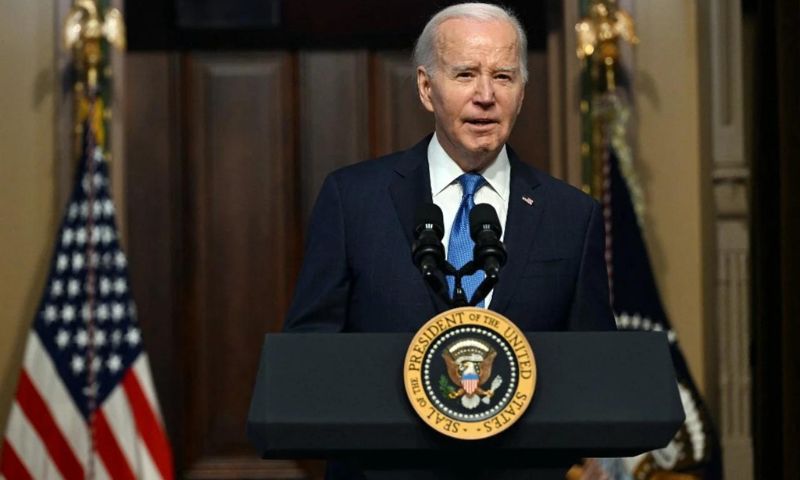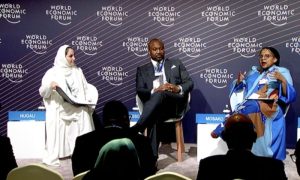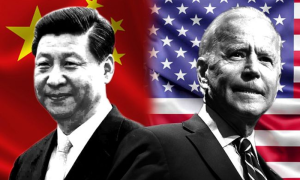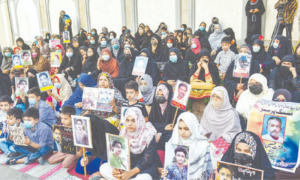WASHINGTON: The United States declared on Friday that it will sanction foreign banks that support Russia’s war in Ukraine, in a new bid to exert economic pressure on Moscow.
Under an executive order to be inked Friday by President Joe Biden, the US would be authorized to issue so-called secondary sanctions against financial institutions that support Moscow’s defense industry, officials said.
The US, the world’s largest economy, was sending a message to financial institutions that they have a very stark choice, a top official said on customary condition of anonymity, AFP reported.
Ultimately, for almost any bank in the world, you give them the choice between continuing to sell a modest amount of goods to Moscow’s military-industrial complex or being connected to the US financial system. They are going to choose being connected to the United States’ financial system, given that our economy is far bigger, and our currency is the one used around the globe, he added.
But Moscow has been seeking to reduce reliance on euros, dollars, and yen since its February 2022 invasion of Ukraine triggered a wave of Western sanctions.
The largest banks of China have extended billions of dollars worth of credit in renminbi to Russia since the war as Western institutions exit.
The US official expressed hope that US and European banks, while not directly invested in Russia, would pressure partners operating in the country.
Russia’s economy
Moscow’s economy has taken a hit from the pressure but is still on a growth trajectory, with the International Monetary Fund (IMF) in October forecasting growth of 1.1% for 2024.
A key target has been Moscow’s oil exports, with Western powers agreeing to a cap of no more than 60 dollars a barrel.
The US Treasury Department said on Thursday that the cap brought down Moscow’s tax revenue from oil and petroleum goods exports by 32% between January and November from a year ago.
However, other assessments have been less rosy on the impact. A new study by the Kyiv School of Economics found that compliance with the price cap has been virtually non-existent due to widespread fraud.






















